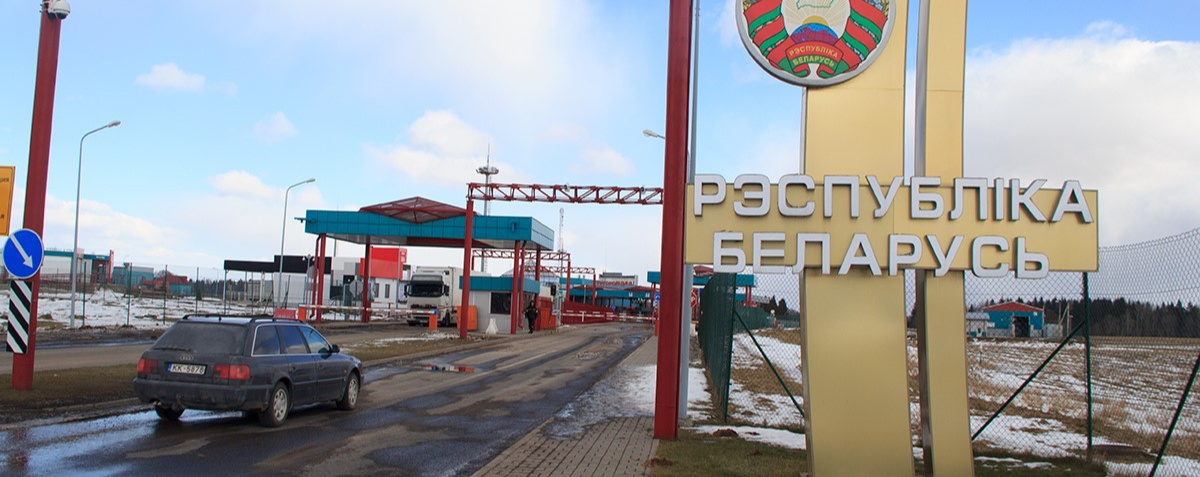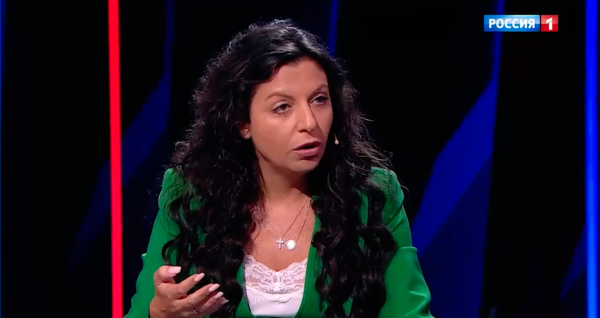As the rest of the world scrambles to respond to the recent outbreak of the novel coronavirus, Belarus is taking a different approach.
President Alexander Lukashenko’s regime has kept the border open and refused to cancel the annual May 9 military parade. With studied calm bordering on obliviousness, the former collective-farm boss has extolled the virtues of farm labor as a necessary antidote to the virus, depicted self-isolation as harmful, and said that panic may be more damaging than the pandemic itself. Even when he conceded that the virus could be harmful, he framed many coronavirus deaths as a by-product of other health conditions, such as obesity or old age.
The country’s powerful religious leaders are also at odds. Leaders from Belarus’ Roman Catholic Church — the second-largest Christian denomination — advised people to remain at home, televising Easter services. The Russian Orthodox Church’s Patriarch in Belarus, Metropolitan Pavel, requested that congregants refrain from attending services if they are sick and encouraged them to remain at home, but has not banned services or closed churches. Orthodox Easter services, scheduled for April 19, will go ahead as usual.
Only since mid-April have the authorities taken stricter steps to combat the virus, closing some schools encouraging people to work from home, and beginning to obtain testing kits. The official death toll of 42 fatalities from 4,779 cases, as of April 17, is probably well below the real figure.
The government’s failure to take action may prove costly, both to public health and politically, as presidential elections loom in August. Lukashenko and his allies are seeking to take control of the narrative, attempting to cast themselves as sensible decision-makers compared with a supposedly panicky response in Russia.
The main element in this is framing Russia’s decision in mid-March to close its borders with Belarus as the damaging imposition of a trade barrier. Citing shortcomings in the Minsk authorities’ approach, Russia restricted the entry of Belarusians, only allowing cargo and leaving some Belarusians stranded. This decision, apparently imposed without consultation, incensed Lukashenko, who views his agreement on open borders with Russia, forged in 1996, as one of his proudest policy achievements. Lukashenko used a speech on April 14 to the Eurasian Economic Union (EEU), a Kremlin-dominated trade grouping, as a thinly-veiled attack on Russia for closing its borders, maintaining that transit across borders was one of the bloc’s core functions and without it, all member states’ economies would suffer. Belarus’s economy was already in difficulty, with the IMF forecasting economic growth of just 0.3% year-on-year in 2020 chiefly because of the country’s dependence on subsidized but increasingly costly Russian energy.
A second element is to blame Russia for difficulties in countering the virus. The Belarusian government depicts assistance from Russia as causing more harm than good. For example, Russia donated 10,000 testing kits to Belarus in early April, but the Belarusian administration denied Russian media reports that Belarus had requested this aid in the first place. It acknowledged that a Russian company was awarded a contract to supply testing kits, but Belarusian diplomats maintained that these Russian tests were unreliable, with only a 60% likelihood of identifying the virus correctly. Instead, Belarus has explicitly requested funding from the EU to address the coronavirus, making a political point by turning to western partners in Russia’s place.
Third is criticism of Russia’s handling of the outbreak. Lukashenko depicts the eastern neighbor as “ablaze” with the virus, highlighting what he views as a panicky response. He has also hinted that 15 Russians working on Belarus’s new nuclear power plant brought the virus to Belarus. Lukashenko has also taken aim at the Russian media for its negative coverage of Belarus’s approach. His foreign minister, Vladimir Makei, went further, flatly claiming in an interview that the Russian media had in fact lauded Belarus’s response.
Ultimately, this reframing allows Lukashenko to deflect blame for his government’s handling of the virus, and from the origins of Belarus’s economic woes. Pitting Belarus against Russia could maintain domestic support ahead of the presidential elections, and help carve out a Belarusian national identity distinct from Russia’s. Lukashenko does not need to worry about the election result. But he does want the contest to have a semblance of legitimacy. And a real political issue could be a useful stage prop.
Emily Ferris is a Research Fellow in the International Security Studies department at the Royal United Services Institute (RUSI) in London, specializing in Russian domestic and foreign policies.
Common Crisis is a CEPA analytical series on the implications of COVID-19 for the transatlantic relationship. All opinions are those of the author and do not necessarily represent the position or views of the institutions they represent or the Center for European Policy Analysis.
Europe’s Edge is CEPA’s online journal covering critical topics on the foreign policy docket across Europe and North America. All opinions are those of the author and do not necessarily represent the position or views of the institutions they represent or the Center for European Policy Analysis.





